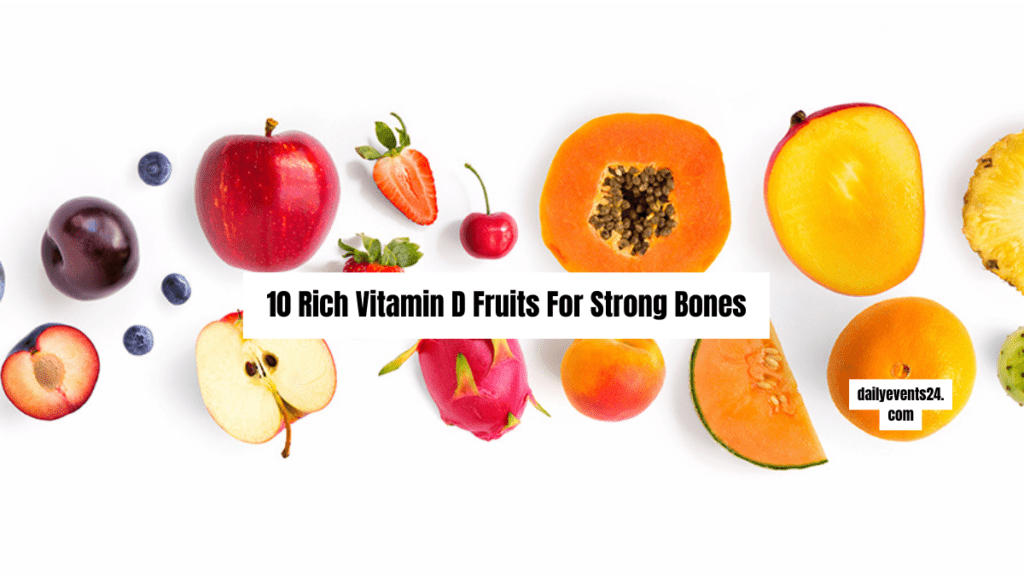
Introduction
Vitamin D is an essential nutrient that plays a pivotal role in maintaining strong and healthy bones. It helps the body absorb calcium and is crucial for overall bone health. While sunlight is a natural source of vitamin D, it’s not always easy to get enough of it, especially in certain climates or for individuals with limited sun exposure. In such cases, including rich vitamin D fruits in your diet can be a smart choice. In this article, we will explore ten fruits that are abundant in vitamin D and Vitamin D fruits can contribute to maintaining strong bones. Additionally, we’ll address some common questions related to vitamin D and its significance for bone health.
Here is the Rich Vitamin D fruits list
1. Oranges
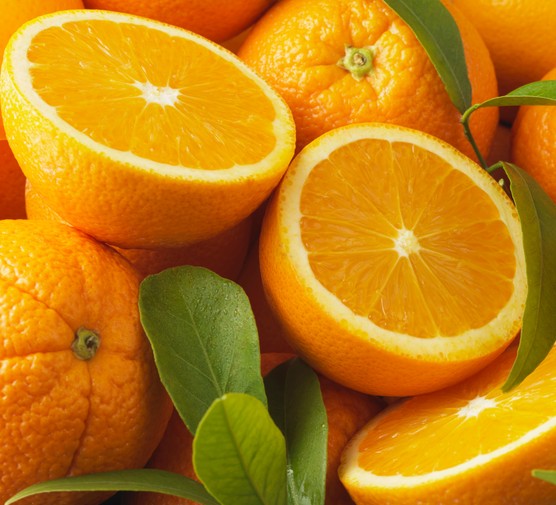

Oranges are well-known for their vitamin C content, but they also contain a modest amount of vitamin D. Consuming oranges can be a refreshing way to boost your vitamin D intake while benefiting from their antioxidant properties. Oranges may not be a direct source of vitamin D, but because of their high vitamin C content, they can help maintain general health, which includes bone health. For optimum health, a well-balanced diet, sun exposure, and supplementation when needed are important components of sufficient vitamin D levels.
2. Kiwi


Kiwi is not only delicious but also an excellent source of vitamin D. It’s a great choice for those who are looking to diversify their diet with fruits that contribute to bone health.
The kiwifruit, sometimes referred to as Chinese gooseberry or kiwi, is a fruit high in nutrients that has several health advantages. It’s crucial to remember that kiwis are not a particularly good source of vitamin D. Sunlight exposure and some food sources that either naturally contain or are fortified with this vital nutrient are the main ways that people get vitamin D.
Nonetheless, kiwis offer additional vital vitamins and minerals that support general health. It is a great source of vitamin C, an antioxidant that promotes collagen synthesis, immune system support, and the body’s ability to absorb iron from plant-based diets. Despite not being the same as vitamin D, vitamin C is still important for supporting many body processes and general health.
3. Papaya


Papaya is another tropical fruit that provides a decent amount of vitamin D. It’s rich in various vitamins and minerals, making it a nutritious addition to your diet.
Papaya is a great source of other vital vitamins and minerals that support general health. It is a great way to get vitamin C, an antioxidant that boosts collagen synthesis, supports immune system function, and improves the absorption of non-heme iron from plant-based diets. Despite being different nutrients, both vitamin D and C are crucial for preserving overall health.
People are advised to include foods that naturally contain vitamin D or are fortified with it in their diet in order to obtain it from dietary sources. Fatty fish (like salmon and mackerel), egg yolks, fortified dairy products, and plant-based milk substitutes are natural sources of vitamin D.
4. Figs
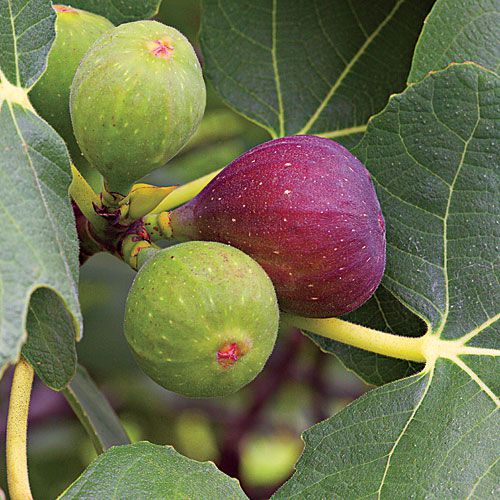

Figs are known for their sweet taste and are packed with vitamin D. These delectable fruits are also a good source of fiber and essential nutrients, making them a great option for overall health.Studies conducted in the scientific community have demonstrated how crucial it is to keep vitamin D levels in check for immune system performance, bone health, and general wellbeing.
Figs can still be a part of a nutrient-rich diet that benefits many aspects of health, even though they might not be a particularly good source of vitamin D. If a person has particular vitamin D fruits needs, they should think about including foods that are high in vitamin D or seeking advice from medical professionals.
To know everything about Vitamin D read this article:- Vitamin D
5. Tangerines


Tangerines are a small citrus fruit that can boost your vitamin D intake. They are easy to peel and make for a convenient and healthy snack.
Tangerines are renowned for having a lot of vitamin C. Ascorbic acid, also known as vitamin C, is a water-soluble vitamin that has a number of health advantages. Although it doesn’t raise vitamin D levels, it is essential for immune system support, collagen synthesis, and antioxidant defense against oxidative stress on cells.
6. Guava


Guava is a tropical fruit that’s not only tasty but also abundant in list of vitamin D fruits. It’s an excellent choice for those looking to support their bone health.
The following are some important guava nutritional facts:
Vitamin C Content: Known for its antioxidant qualities, vitamin C is an essential nutrient that guavas are remarkably high in. In addition to helping with collagen synthesis and immune system support, vitamin C also shields body cells from oxidative stress.
Dietary Fiber: Both soluble and insoluble dietary fiber can be found in good amounts in guavas. In addition to promoting regular bowel movements and digestive health, dietary fiber may also help control blood sugar levels.
Antioxidant Properties: In addition to vitamin C, guavas are rich in carotenoids and polyphenols, two types of antioxidants. Free radicals are harmful to the body and can increase the risk of chronic diseases. Antioxidants help the body combat these free radicals.
7. Mango


Mangoes are a delicious summer favorite, and they offer a substantial amount of vitamin D. Enjoying mangoes in their peak season can provide you with a refreshing vitamin D fruits boost.
Fatty fish (such as salmon and mackerel), egg yolks, fortified dairy products, and plant-based substitutes are good dietary sources of vitamin D, mangoes do not provide this nutrient directly. Sunlight exposure is also essential for the skin’s synthesis of vitamin D.
Mangoes are among the many fruits that can be included in a varied and balanced diet to improve overall nutritional health. Since every person has different nutritional needs, speaking with a healthcare provider can offer tailored advice on achieving particular nutrient requirements.
8. Persimmons


Persimmons are a unique fruit with a slightly sweet flavor and a good dose of vitamin D. Including them in your diet can be a pleasant way to enhance your bone health.
9. Mulberries


Mulberries are a lesser-known fruit that’s rich in vitamin D. They can be a delightful addition to your diet and provide essential nutrients for strong bones.
10. Cherimoya
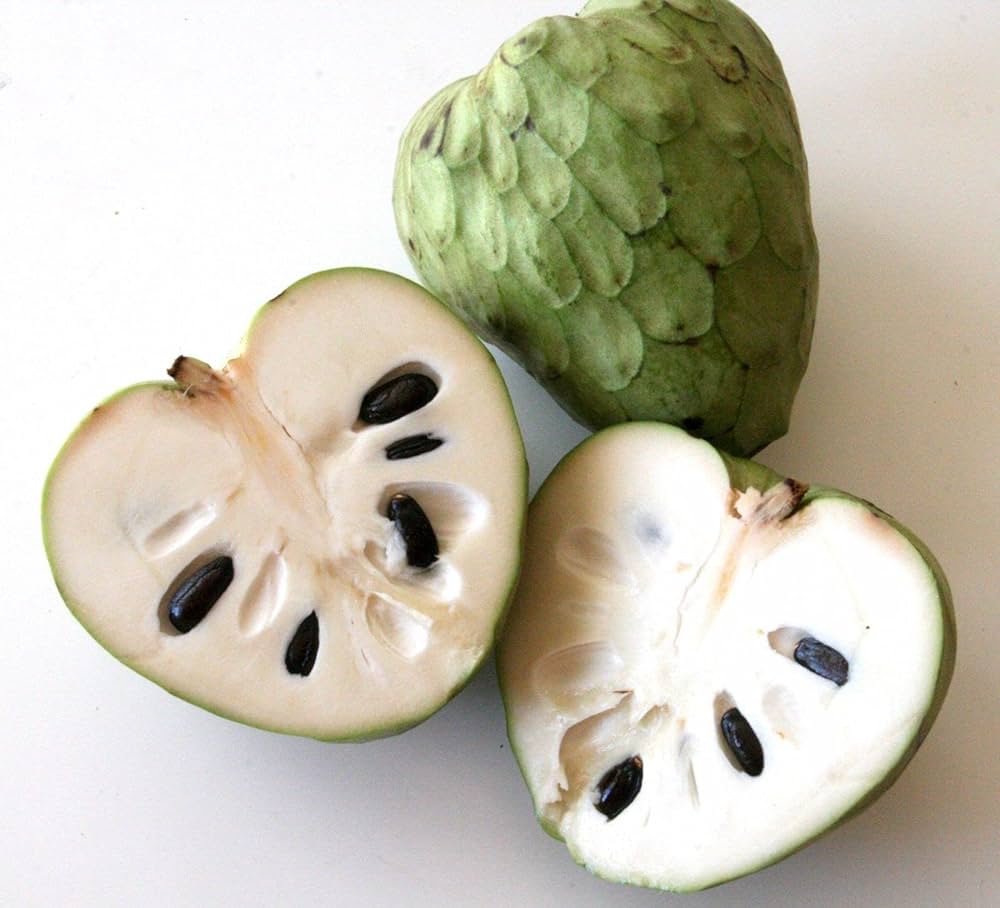

Cherimoya, also known as the “custard apple,” is a tropical fruit with a creamy texture and a notable amount of vitamin D. Adding cherimoya to your fruit rotation can be a delightful way to meet your vitamin D fruits needs.
Conclusion
Maintaining strong and healthy bones is essential for overall well-being, and vitamin D plays a critical role in this regard. Including rich vitamin D fruits and Vitamin D foods in your diet is a delicious and nutritious way to support your bone health, especially when sunlight exposure is limited. These are Vitamin D Fruits list.
By enjoying a variety of these rich vitamin D fruits, you can enhance your vitamin D intake and contribute to the strength and longevity of your bones. Remember to maintain a balanced diet and consult a healthcare professional for personalised nutritional guidance.
Vitamin D Fruits Images
Here are Some rich Vitamin D fruit images and pictures. Like Guavas, Papaya, Kiwi and oranges.
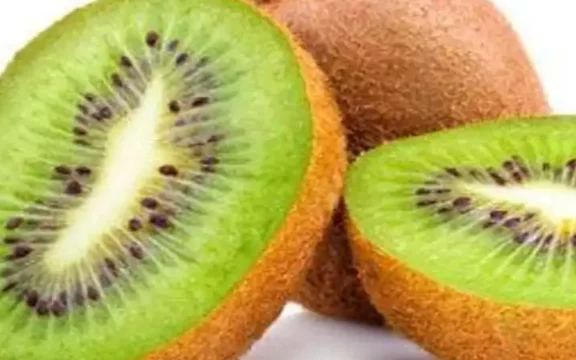







Benefits Of Vitamin D
One essential nutrient with many health advantages is vitamin D fruits. The following are some major benefits of preserving appropriate vitamin D levels:
Immune System Support: It is well known that immune function is modulated by vitamin D. It may help lower the risk of chronic diseases and aid in the body’s defense against infections. Reduced vulnerability to respiratory infections and other diseases is linked to adequate vitamin D levels.
Bone Health: Calcium absorption and bone metabolism are critically dependent on vitamin D. By preserving ideal bone density, it lowers the chance of developing diseases like osteoporosis and fractures. Building and maintaining strong, healthy bones depend on getting enough vitamin D.
Support for Autoimmune Conditions: Vitamin D may help treat autoimmune diseases because it is linked to immune system regulation. According to research, people with autoimmune diseases may benefit from maintaining adequate vitamin D levels.
Weight Control: New research indicates that vitamin D may be important for controlling weight and preventing diseases linked to obesity. However, more investigation is required to completely comprehend the underlying mechanisms.
Research has looked into the possible contribution of vitamin D to the prevention of cancer. Sufficient levels of vitamin D from the vitamin D Fruits may be linked to a lower incidence of specific cancers, but further studies are required to draw firm conclusions.
It is noteworthy that although vitamin D has many advantages, taking too much of it can be toxic. Consequently, it’s best to keep levels within the advised range and seek the advice of medical professionals for specific recommendations regarding vitamin D fruits and supplementation. Strategies to ensure optimal vitamin D status include regular sun exposure, eating foods high in vitamin D, and taking supplements if needed.
People also read:-
10 Scientific Ways To Learn Faster: Increase Your Memory
10 Scientific Ways To Learn Faster: Increase Your Memory
Why is vitamin D fruits important for bone health?
Vitamin D is essential for bone health because it helps the body absorb calcium, a mineral crucial for maintaining strong bones. Without adequate vitamin D, the body struggles to utilise the calcium consumed through diet or supplements.
How much vitamin D do I need daily?
The recommended daily intake of vitamin D can vary depending on factors such as age, sex, and individual needs. Generally, adults should aim for around 600-800 IU (International Units) per day. However, it’s best to consult a healthcare professional for personalised recommendations.
Can I get enough vitamin D from sunlight alone?
While sunlight is a natural source of vitamin D, various factors like geographical location, time of day, skin type, and sunscreen use can affect its absorption. It’s often challenging to rely solely on sunlight for meeting vitamin D requirements, which is why a balanced diet, including vitamin D-rich fruits, can be beneficial.
Can I consume these vitamin D fruits to address a vitamin D deficiency?
While these fruits can contribute to your vitamin D intake, it may be challenging to rely solely on them if you have a severe deficiency. In such cases, it’s advisable to consult a healthcare professional who may recommend supplements or fortified foods.
Which fruit is rich in vitamin D?
Oranges are well-known for their vitamin C content, but they also contain a modest amount of vitamin D. Kiwi is not only delicious but also an excellent source of vitamin D


Pingback: Top 10 tourist places in India 2023- Best Ideas – dailyevents24.com
Pingback: 3 simple exercises for hair growth 2023 – dailyevents24.com
Pingback: 15+ Unique And Easy Republic Day Drawing 2024